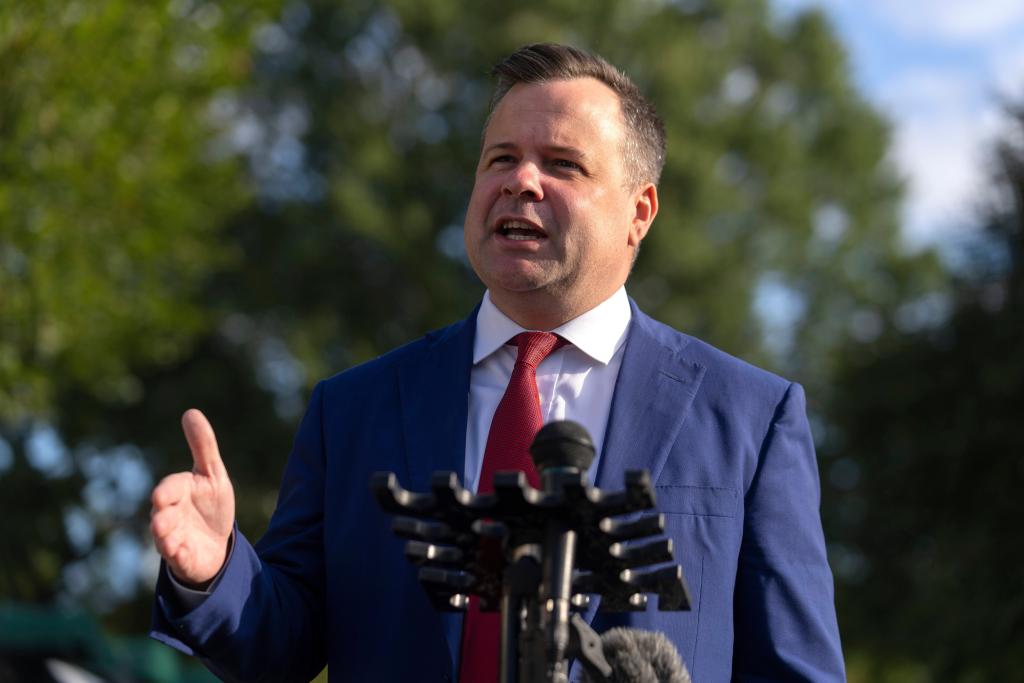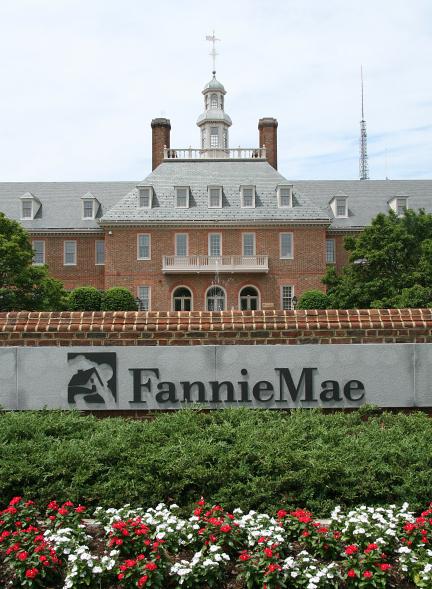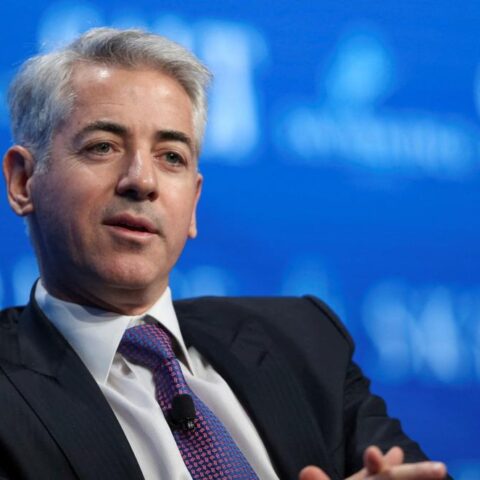As the Trump administration weighs a historic public offering of America’s mortgage giants, Ackman argues the complexities, legal hurdles, and market risks make an IPO unrealistic — and proposes a faster, clearer path instead.
Pershing Square Capital Management founder Bill Ackman has shut down the idea that the U.S. government could soon sell a piece of Fannie Mae and Freddie Mac in a long-discussed initial public offering, calling the proposal impractical and strategically unsound in the short term.
In a presentation posted on X, Ackman stated bluntly:
“The sale of a piece of these companies to the public is neither feasible nor desirable at this moment.”
His comments land at a pivotal time. The U.S. government has controlled both mortgage-finance enterprises for 17 years following their collapse during the 2008 subprime crisis. Now, with the Trump administration revisiting privatization, Washington has been exploring various IPO structures — including the creation of a single combined entity — but each path has run into significant legal, structural, and political barriers.

Federal Housing Finance Agency Director William Pulte recently said the administration is “opportunistically evaluating” an IPO as early as late 2025, even holding meetings with major bank CEOs to discuss ending the conservatorship. But insiders acknowledge that merging the two companies would require congressional approval, a near-impossible hurdle in today’s political climate.
Ackman, whose hedge fund holds stakes in both firms, has benefited from recent gains in their over-the-counter share prices. Yet he warned that a full IPO would be far more complicated — and far slower — than many assume.
Instead, he proposed a streamlined alternative:
move Fannie Mae and Freddie Mac from the OTC market to the New York Stock Exchange.
Ackman argued the switch could be completed in mere weeks and could unlock valuations approaching $400 billion, with the government’s share worth roughly $300 billion.

He also outlined several steps he says are essential before any major listing:
- Recognizing past payments from the enterprises as repayment of crisis-era preferred stock.
- Allowing the Treasury to exercise warrants for a 79.9% common equity stake.
- Reducing the current 4.5% capital requirement tied to their guarantees.
Other listing strategies present their own roadblocks. Government agencies cannot create new holding companies, and using a shared Fannie-Freddie joint venture as a listing structure would be legally complex and operationally risky.
For now, Ackman’s message is clear: the IPO dream is premature, the legal barriers are immense, and the simplest path back to private markets is already available — if Washington chooses to take it.


















